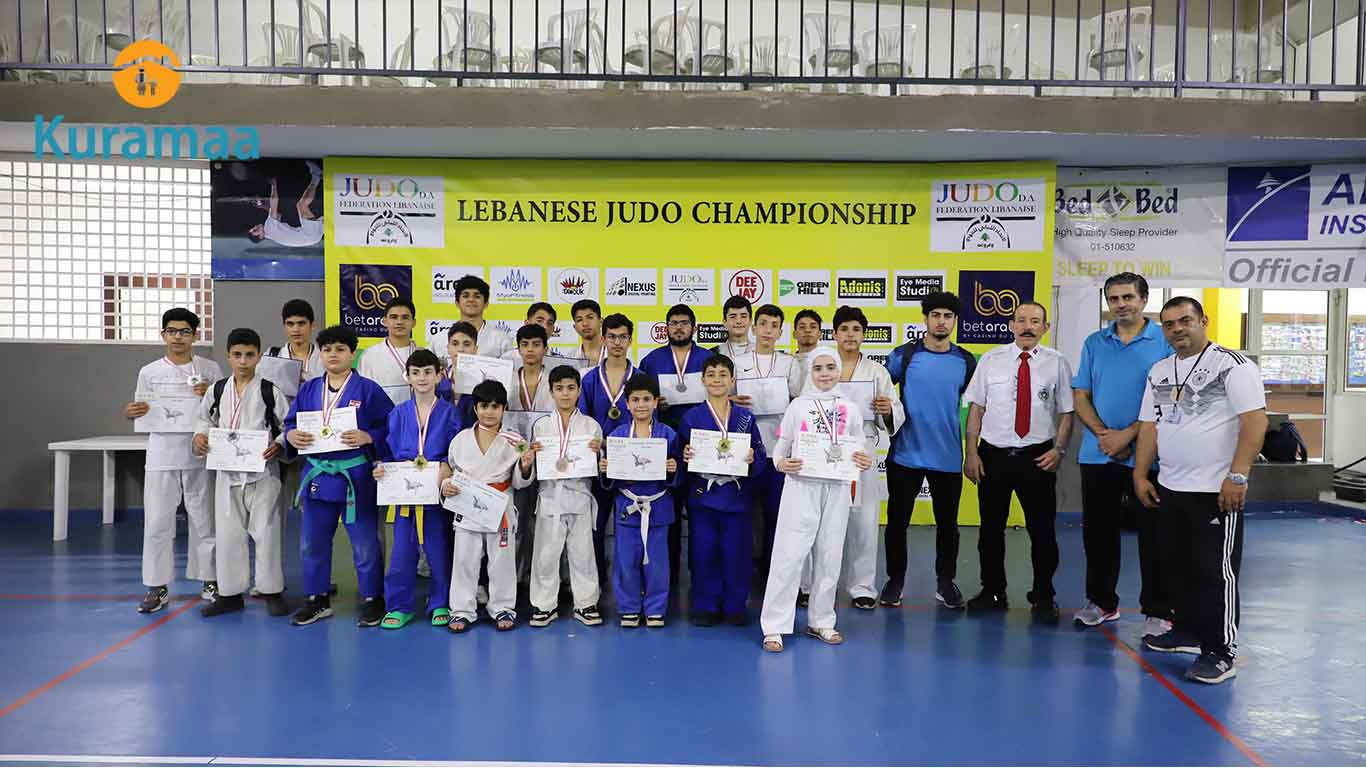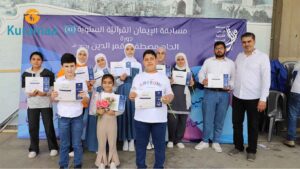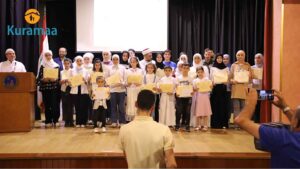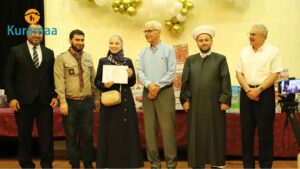Kuramaa recently participated in the School Judo Championship in Lebanon with 40 orphaned Syrian children under its Education Program. The event brought together students from different institutions to compete in judo across various age groups. Through this meaningful activity, Kuramaa continues its mission of empowering orphans and widows by developing their physical and mental abilities in safe, inclusive environments.
What is the School Judo Championship?
The School Judo Championship is a formal sporting event involving students from different educational institutions, competing in judo based on age and weight categories. Judo is more than just a sport—it teaches discipline, respect, emotional control, and physical strength.
Kuramaa’s participating children are all Syrian orphans who were displaced to Lebanon due to war and hardship. The championship offered these children a unique opportunity to engage with their peers, build self-confidence, and prove their abilities on an official stage.
Why Kuramaa Supports Sports Activities for Orphans
For Kuramaa, this championship was not just about physical training. It aligned directly with the organization’s goals to holistically support orphaned children and their families. Here’s how:
1. Boosting Self-Confidence
Participation in such events helps children believe in their own abilities, especially when they compete alongside their peers and achieve recognition.
2. Building Life Skills
Judo teaches critical values like respect, focus, patience, and adherence to rules—skills that these children carry into their personal and academic lives.
3. Social Inclusion
Displacement often leads to isolation. Sports offer orphans a way to reconnect with society, feel seen, and be valued as contributing members of their communities.
4. Physical and Emotional Wellbeing
Sports like judo improve fitness, reduce stress, and help children develop healthy routines—key components in trauma recovery and future success.
Performance of Kuramaa’s Students
The children representing Kuramaa showed impressive levels of discipline, effort, and sportsmanship. Several of them achieved top positions in their categories, proving that with the right support, disadvantaged children can compete and shine.
Behind every child’s performance stood Kuramaa’s dedicated educational and psychological support teams, who worked tirelessly to prepare the students mentally and physically for the event.
Kuramaa’s Vision: Education, Empowerment, and Community
At its core, Kuramaa believes that education and empowerment go hand in hand. That’s why the organization designs holistic programs that address the needs of orphaned and widowed Syrian families, including:
-
Comprehensive education from primary school to university.
-
Vocational training for widowed mothers to ensure sustainable family income.
-
Psychosocial support to help children and families overcome trauma.
-
Cultural, recreational, and sports activities to encourage personal growth and community integration.
This judo championship is part of a larger vision to build confident, educated, and resilient individuals, capable of contributing to the future of Syria and the region.
How You Can Help
The School Judo Championship is just one example of the impactful work Kuramaa does every day. With your help, we can:
-
Involve more orphans in sports and educational programs.
-
Provide mentorship, emotional support, and career guidance.
-
Launch small business initiatives for widowed mothers.
-
Ensure that every child grows up with dignity, opportunity, and hope.
Your donation can be the turning point in a child’s life.
More Than a Game — It’s a Step Toward a Better Future
The School Judo Championship was more than a competition. It was a platform for Syrian orphans to prove their strength, not just physically, but emotionally and socially. It was proof that hardship does not define these children—opportunity does.
By supporting Kuramaa, you’re not only funding an organization—you’re empowering a generation of young people to become leaders, builders, and changemakers in their communities.




